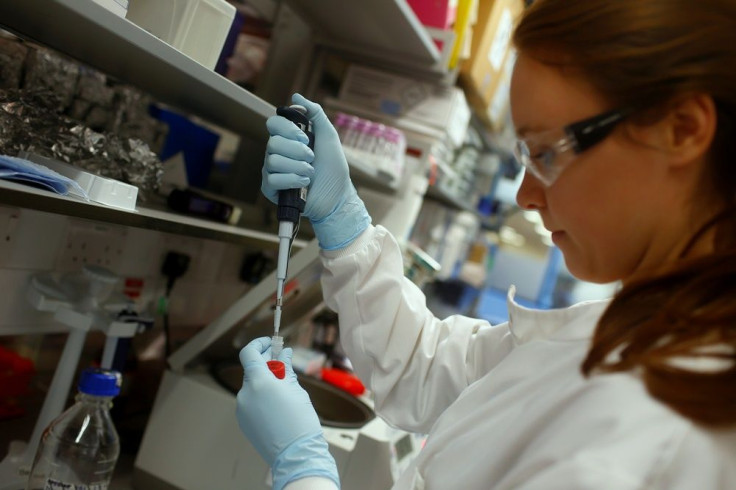Ebola Vaccine Shows Promising Results In New Studies

An experimental vaccine for the deadly Ebola virus performed on humans has shown promising results. The clinical trials in Europe and Africa have shown that the vaccine was able to initiate immune response, according to Geneva Hospital on Wednesday.
The vaccine rVSV-ZEBOV is Canadian-made, designed by scientists at the National Microbiology Laboratory in Winnipeg. It uses vesicular stomatitis virus (VSV), an animal virus delivered in small amounts to help train the body’s immune system to produce antibodies against it. It is licensed to NewLink Genetics and pharmaceutical giant Merck.
In 2014, safety trials were conducted for rVSV-ZEBOV, and few volunteers have experienced temporary arthritis. This led to the halt of the Geneva studies to conduct further safety monitoring. The Geneva trial has restarted in January 2015. While minor side effects have been reported during trials, “not a single volunteer had to miss work or be hospitalised,” said Geneva University Hospitals, or HUG.
In the report published in the New England Journal of Medicine, the study concludes that rVSV-EBOV can elicit immune response given to the African and European volunteers at doses from 300,000 to 50 million vaccine particles. In higher doses, the vaccine could neutralise the virus.
Currently, no licensed Ebola vaccine has been created, but several vaccines are still being developed and undergoing clinical trials to help put a stop to the Ebola epidemic in west Africa. Since the start of the Ebola outbreak in 2013 in Guinea, the virus has claimed over 10,400 lives and more than 25,000 people have been infected. Most of the death cases came from Liberia, Sierra Leone and Guinea.
According to the statement from HUG, Phase III clinical trials for rVSV-ZEBOV are being conducted in Guinea and the results should “determine whether the immune response triggered by this vaccine is able to protect the population against the Ebola virus.”
To contact the writer, email: wendylemeric@gmail.com





















